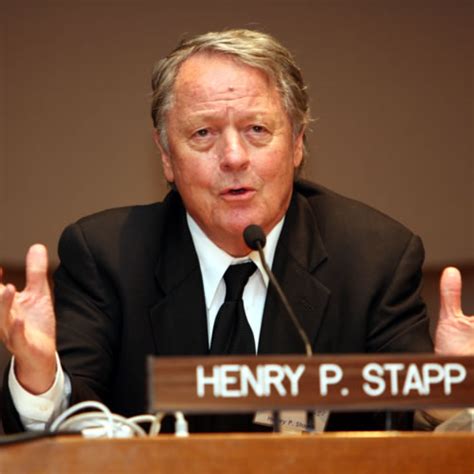Цитата Элис Робертс
Мы говорим об общественном участии уже десять лет. Для меня речь идет о признании того, что миссия науки должна быть встроена в нашу культуру - направление, в котором движется наука, должно определяться всеми нами, и поэтому нам нужен диалог с общественностью.
Связанные цитаты
Наши представления о себе по отношению к окружающему миру являются корнями наших ценностей, а наши ценности определяют не только наши непосредственные действия, но и с течением времени форму нашего общества. Наши убеждения все больше определяются наукой. Следовательно, можно, по крайней мере, предположить, что то, что наука рассказывала нам в течение трехсот лет о человеке и его месте в природе, к настоящему времени может сыграть важную роль в нашей жизни.
Склонность к науке глубоко укоренилась в нас во все времена, во всех местах и культурах. Это было средством нашего выживания. Это наше право по рождению. Когда из-за равнодушия, невнимательности, некомпетентности или боязни скептицизма мы отговариваем детей от науки, мы лишаем их избирательных прав, отбираем у них инструменты, необходимые для управления их будущим.
Весь смысл науки в том, что большая ее часть неопределенна. Вот почему наука захватывающая — потому что мы не знаем. Наука занимается вещами, которых мы не понимаем. Публика, конечно, воображает, что наука — это просто набор фактов. Но это не так. Наука — это процесс исследования, который всегда частичен. Мы исследуем, и мы обнаруживаем вещи, которые мы понимаем. Мы обнаруживаем вещи, которые, как мы думали, мы поняли, были неправильными. Вот как это делает прогресс.
Нет никаких сомнений в том, что в течение моей жизни контраст между тем, что я называл личным изобилием, и общественным убожеством стал намного больше. О чем мы беспокоимся? Мы беспокоимся о наших школах. Мы беспокоимся о наших общественных местах отдыха. Мы беспокоимся о наших правоохранительных органах и нашем государственном жилье. Все, что влияет на наш уровень жизни, находится в государственном секторе.
Наука не доказывает эффективность Common Core. Так что я думаю, что я имею в виду, что наука является неотъемлемой частью любого процесса принятия решений, как и участие общественности. А в долгосрочной перспективе вы потеряете легитимность и власть, если не будете напрямую взаимодействовать с общественностью.



































